Poisonings in Australia due to consumption of poppy seed tea
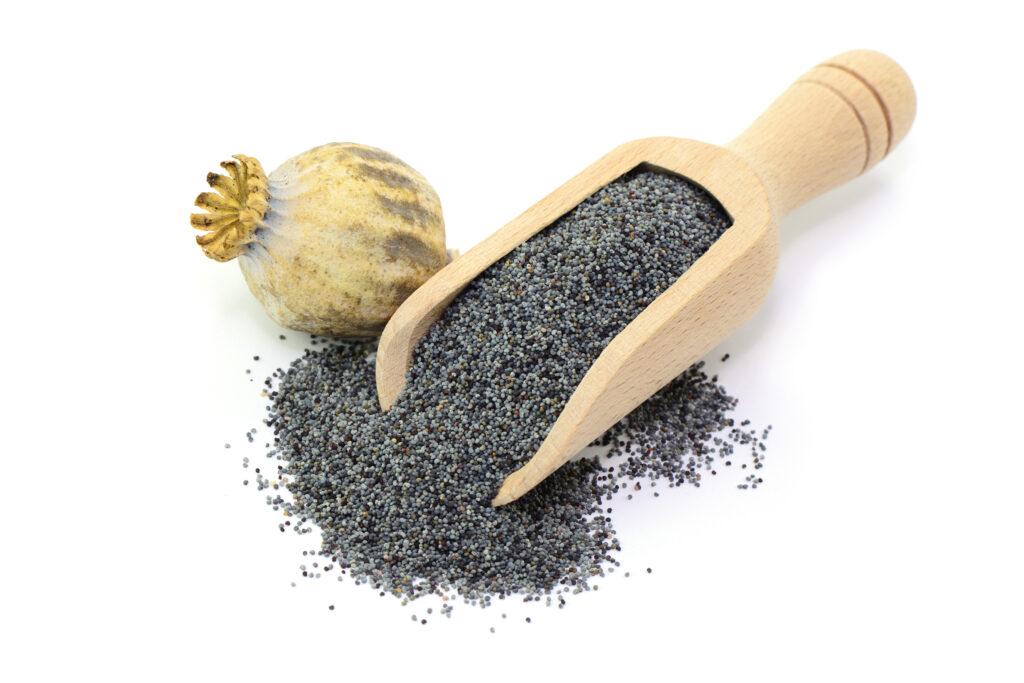
37 people became sick across Australia after consuming home-brewed poppy seed tea. Many of them have been presented to hospital emergency departments. There have been cases requiring intensive care and a cardiac arrest involved.
Most meat from cattle grazing in flood pains too high in dioxins
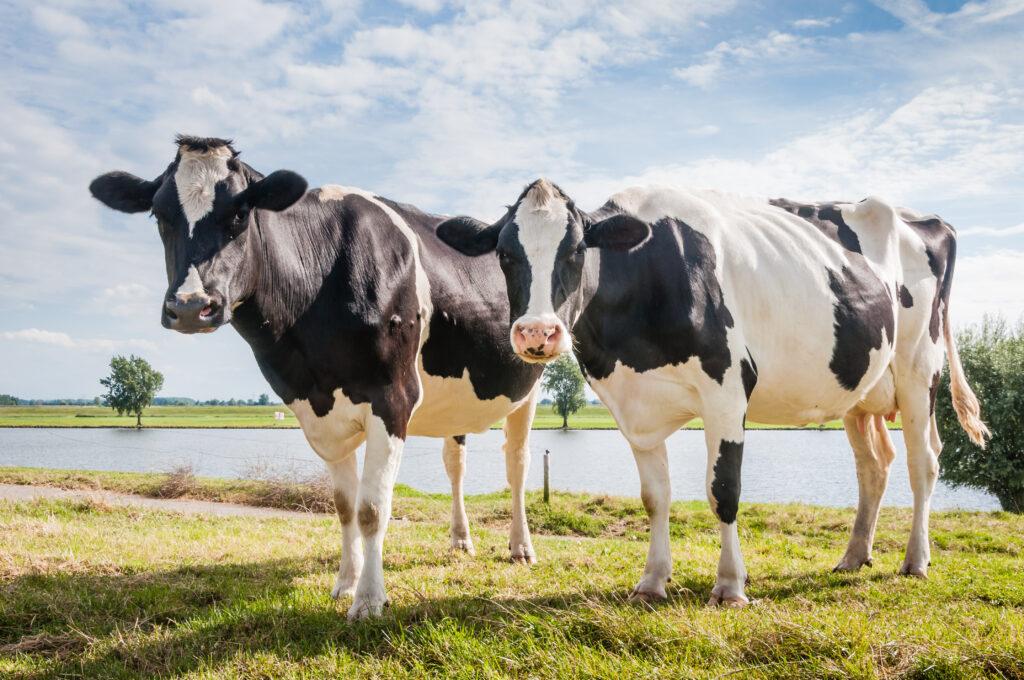
Most meat from cattle living on Dutch river flood plains is too high in dioxins, making it unfit for consumption, Dutch food safety watchdog NVWA has found.
Risks of phthalates and their migration from food packaging materials
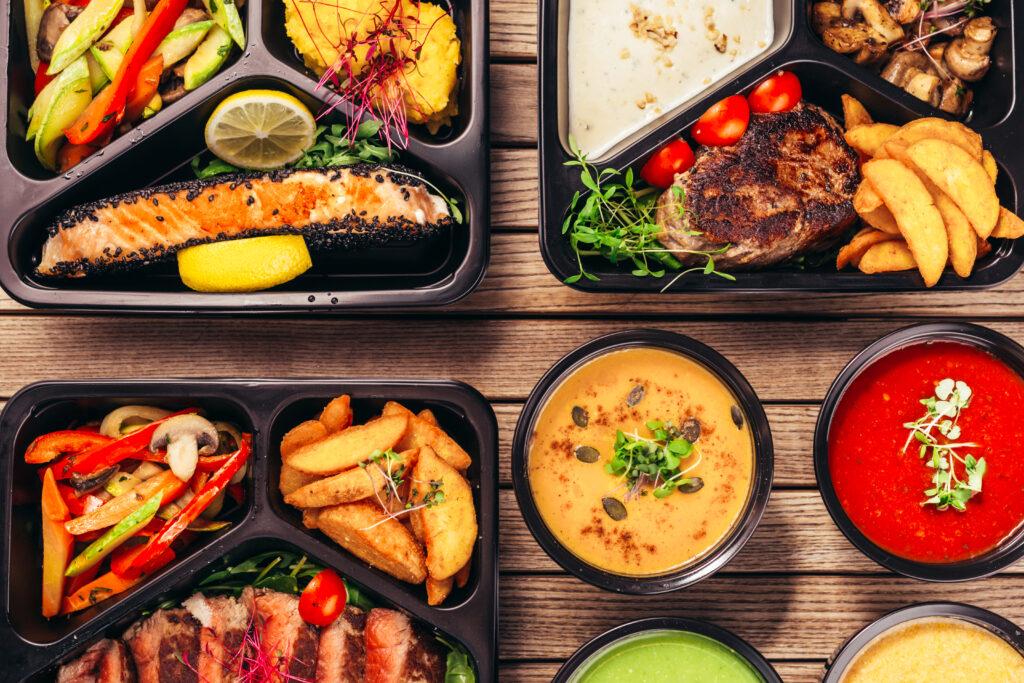
Phthalates are commonly used in plastic packaging as plasticizers and have been associated with several human health outcomes such as lower semen quality, neurodevelopmental effects, childhood asthma, Type 2 diabetes, as well as breast and uterine cancer. New studies evaluated phthalate leaching from food packaging, and their mixture risks.
Pheophorbides in seaweed products
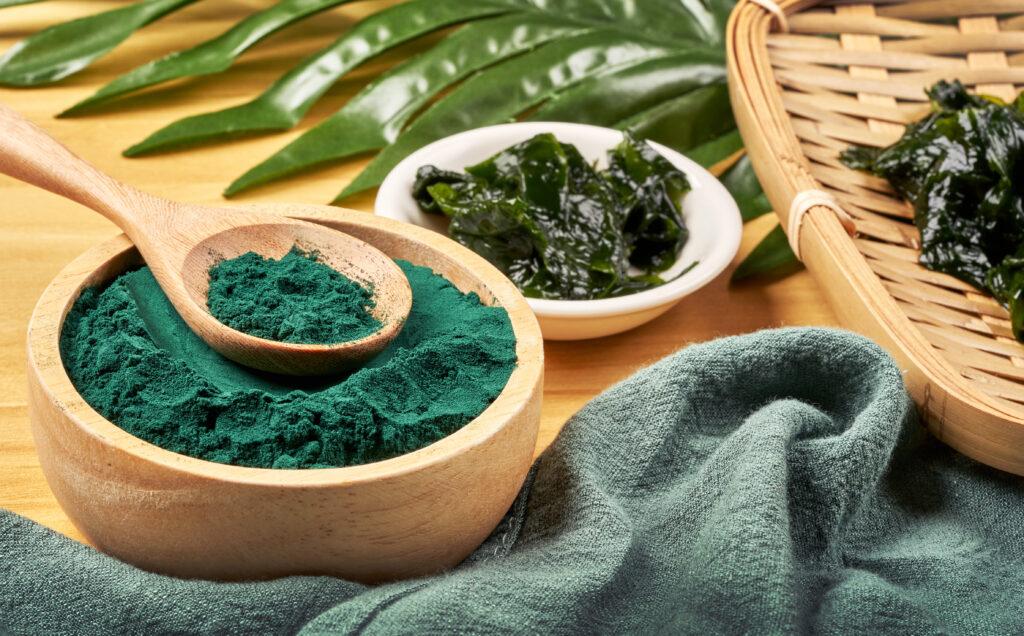
Marine algae are widely used in food and feed. A number of risks have been identified in relation of their consumption, including pheophorbides.
Unknown viruses in melting permafrost

A team of Russian, German and French researchers have extracted and studied viruses from Siberian permafrost. Based on the study, scientists have re-animated 13 new pathogens, which they have dubbed "zombie viruses".
New processes to preserve and reduce the allergenicity of seafood
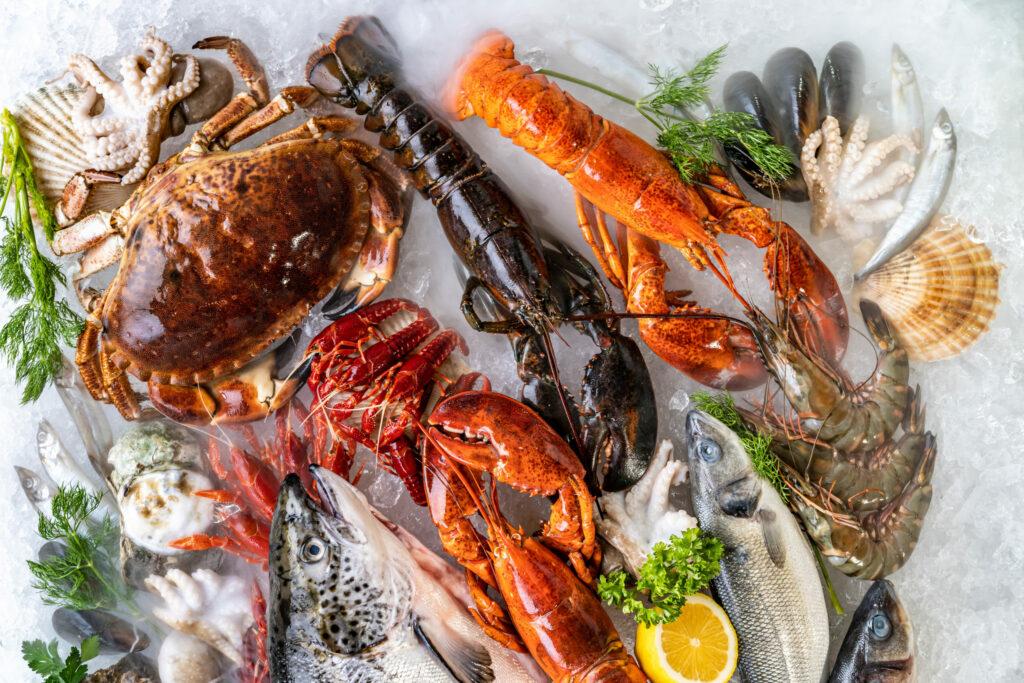
Some non-thermal processing methods can reduce the allergenicity of seafood. Electron beam irradiation (EBI) could be a new way of preserving seafood.
EU Court overturns ban on titanium dioxide
The Court of Justice of the European Union has ruled to annul the European Commission’s 2019 classification of titanium dioxide, which is also known as E171 and is used to add white color to foods, as a carcinogen. According to the court’s ruling, the assessment of the European Chemicals Agency (ECHA) in 2017 – which the EC classification was based on, contained a manifest error.
EU updates maximum levels for dioxins and PCBs in some foods
In October 2022, the European Commission published Regulation regarding maximum levels for dioxins and dioxin-like polychlorinated biphenyls (PCBs) in certain foodstuffs.
Enhancing bread quality and shelf life
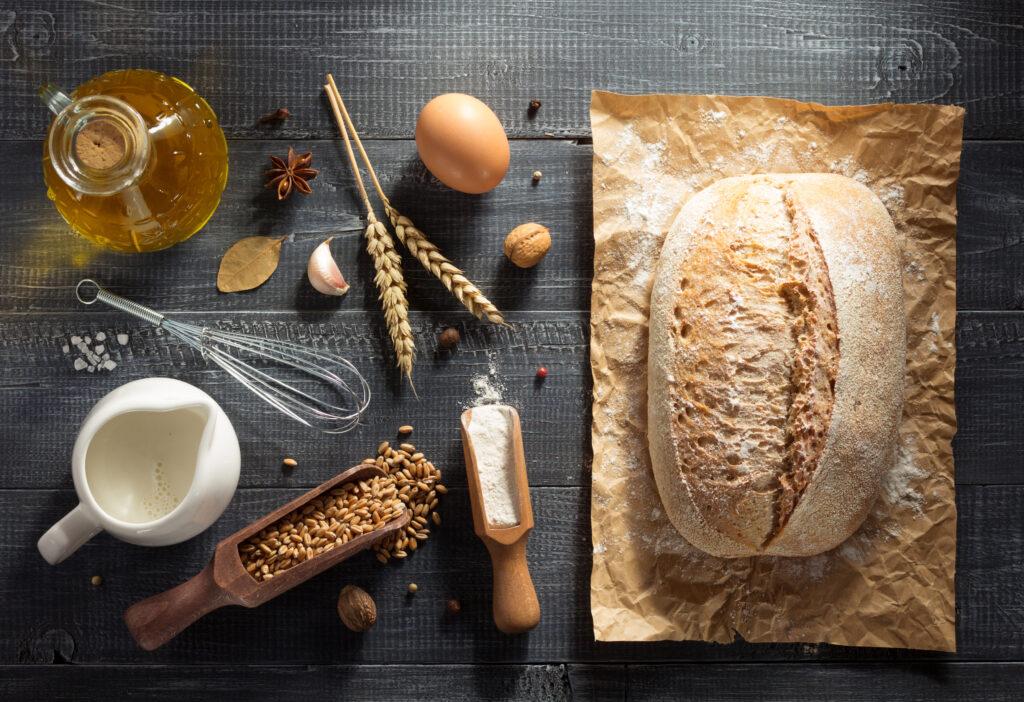
A research published in 2022 aimed to develop an approach for the enhancement of the quality aspects and longevity of bread, with the immobilization on an Aspergillus niger-purified enzyme on zinc oxide nanoparticles (ZnONPs) and immersing in a buffered solution to create a mixture of GOx/ZnONPs.
Low iron intake in infants and young children in Australia

Research in South Australia has found that infants and young children do not consume enough iron, a nutrient playing an important role in childhood development concerning the brain and neurological development and also in the functioning of red blood cells.
